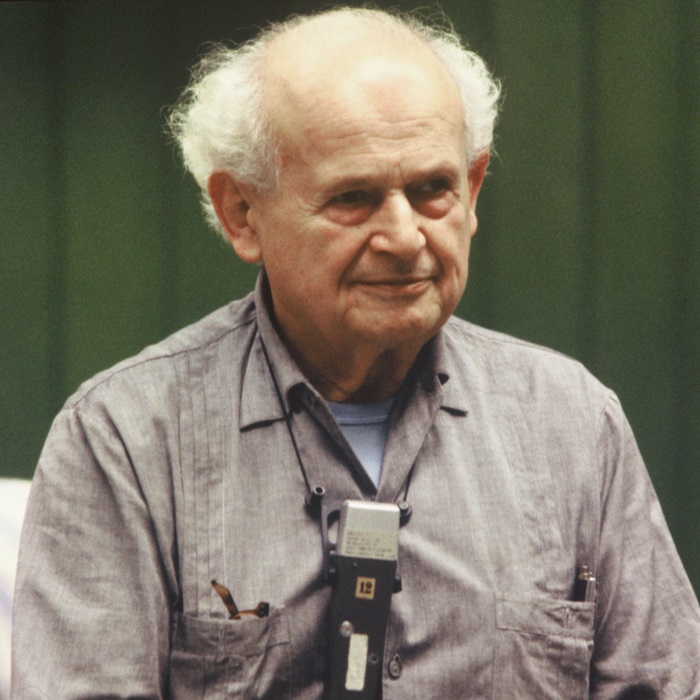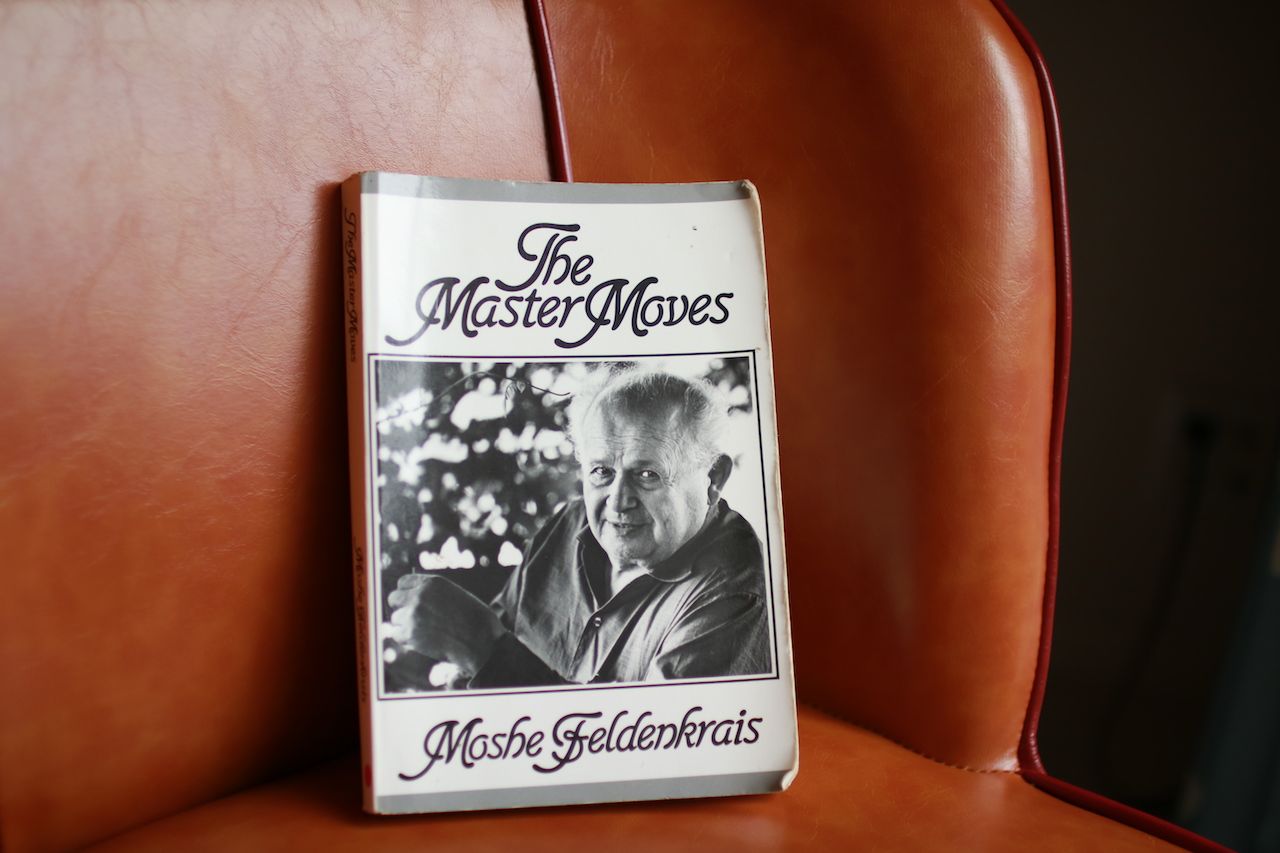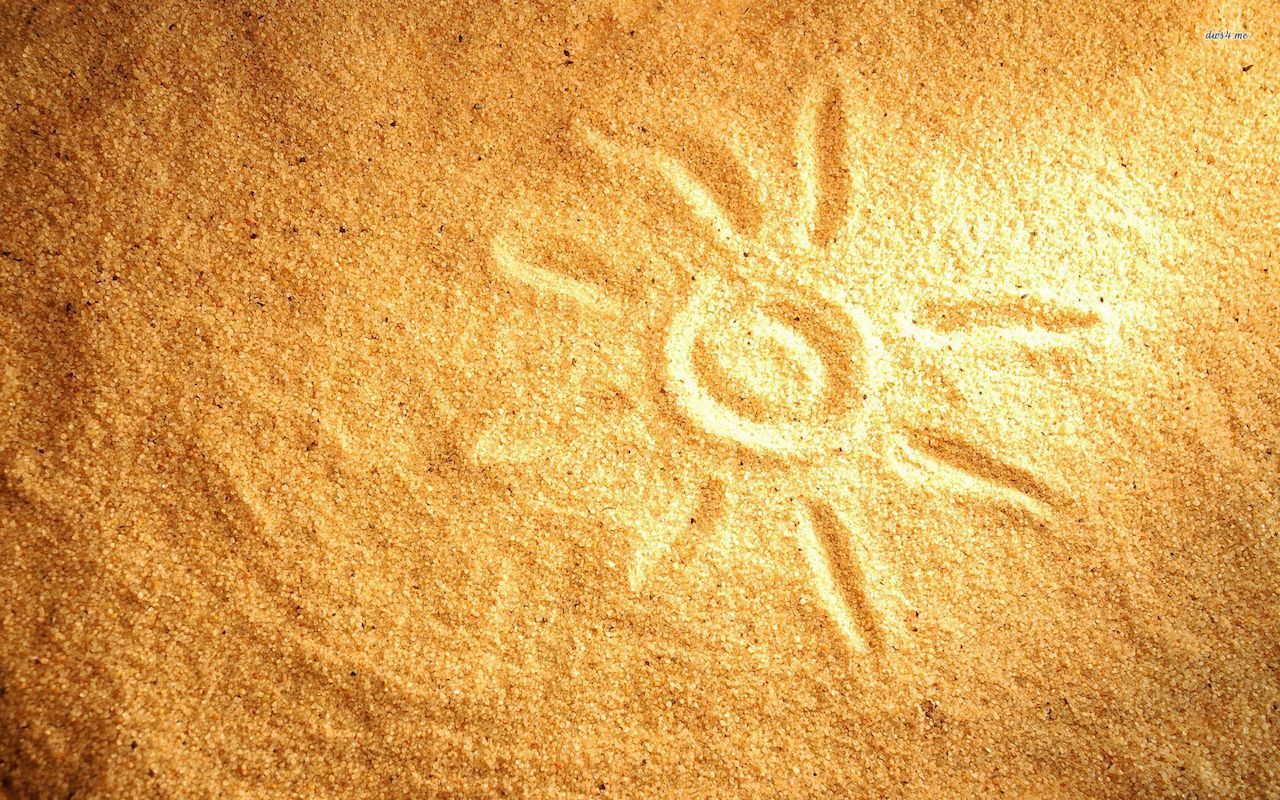
Yet even this act involves a social adjustment with attitudes, emotional and muscular patterns that have a profound influence on the whole being.
In early infancy it is as purely a reflective act as we can imagine.
Soon after, however, the mother will begin to withdraw the security which her presence brings to the child, and leave him in isolated privacy.
Then a bargaining system begins: The mother expects and the child “gives” something which he alone can produce and which is eagerly expected from him.
He soon learns to give freely and gain approval or to contain himself when he is neglected.
Immature persons who are unable to dissociate parts of earlier experience without reinstating the whole situation, when faced with tasks where they have to give of themselves without being acknowledged, acting against their own will, become angry, feel like chucking the whole thing, and often impulsively do so.
But when forcing themselves to proceed with the task they often develop diarrhea.
In a similar way rebelliousness against authority which is consistently checked is associated with chronic constipation.しかし、この排便行為さえも、社会から態度、感情、筋肉の動きを修正され、それはその人全体に深い影響を与えます。
— モーシェ・フェルデンクライス
幼年期の間は、考えうる限り最も純粋に本能的な行為でしょう。
しかし、すぐに母親は子供を一人にさせ、母親の存在によって与えていた安心を取り去ります。
ここで取引が始まるのです。
母親は期待し、子供は自分しか生み出せない、強く期待されているものを〝与え”ます。
子供はすぐに、気前よく与えて賞賛を勝ち取るか、無視された時には抑圧するかを学びます。
未成熟な人、つまり過去の経験を分化できず、全てを再現してしまう人は、認められることなく、意志に反して何かしなくてはならない時、怒り、全て投げ出したくなり、実際にそれを頻繁に衝動的にします。
しかし、成すべきことに取り組もうとすると、下痢をしてしまいます。
同じように、常に見られる権威に対する反抗は、慢性的な便秘と結び付けられます。
引用著作 : Body & Mature Behavior – p200
カラダ♮の解説
今回は「モーシェの一言」というには長い引用でした。
人間の原始的な本能的行為(この場合は排便)さえも、過去の経験から形成した脳の反応パターンに影響されることについて説明しています。
個人的には、母親が期待し(expect)、子供が与える(give)ものが、うんちのことであるのにモーシェ流のウィットを感じます…!
モーシェは、未成熟な人を「過去の経験を分化できず、全てを再現してしまう」と描写していますね。
つまり、成熟とはその反対で「現状に対処するために必要なものだけを、過去の経験から取り出せる」ことです。
「条件反射」と「学び」の違いとも言えるかも知れません。





